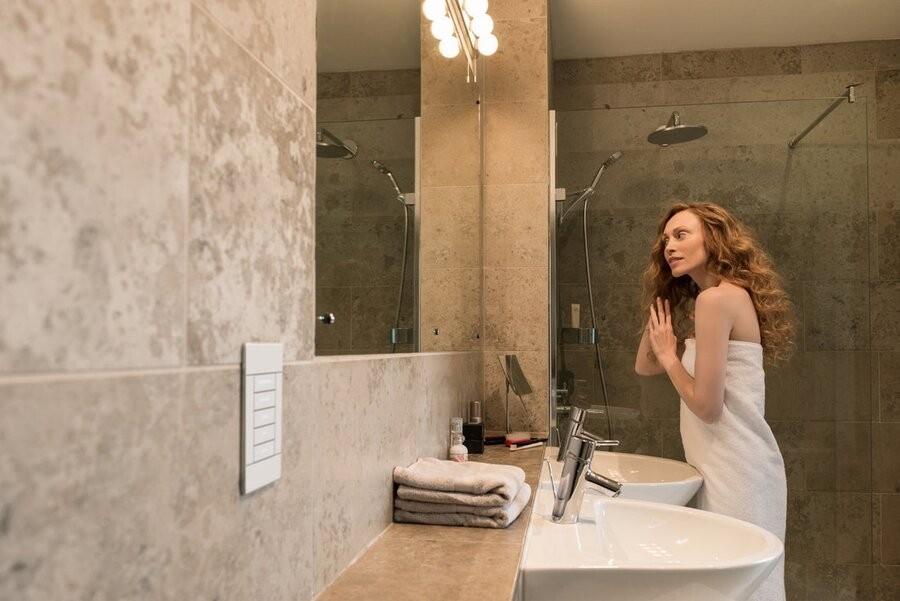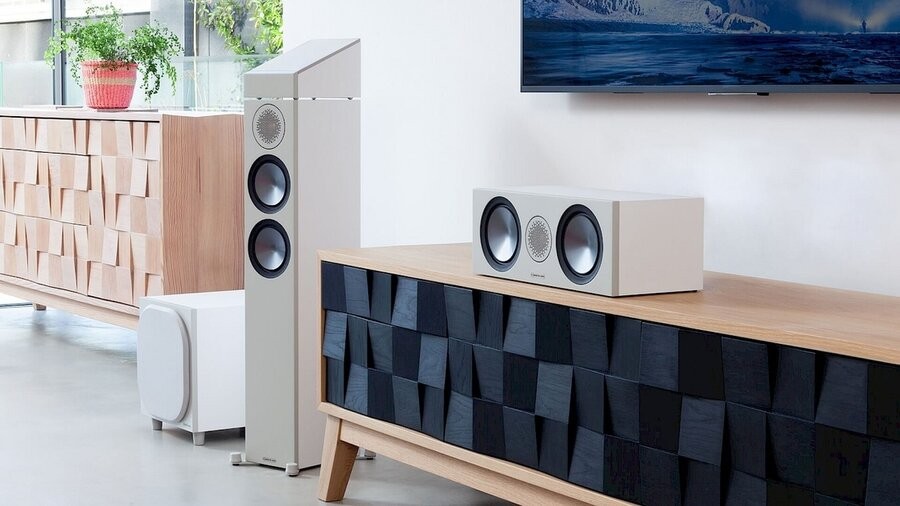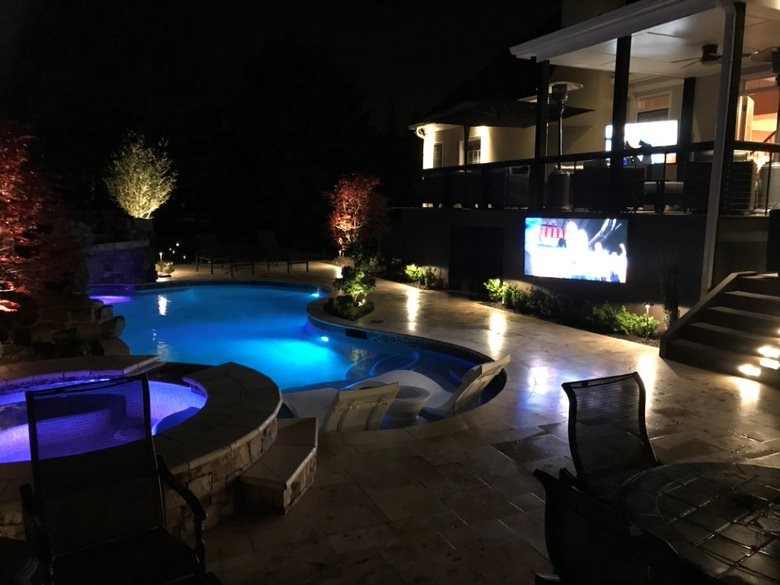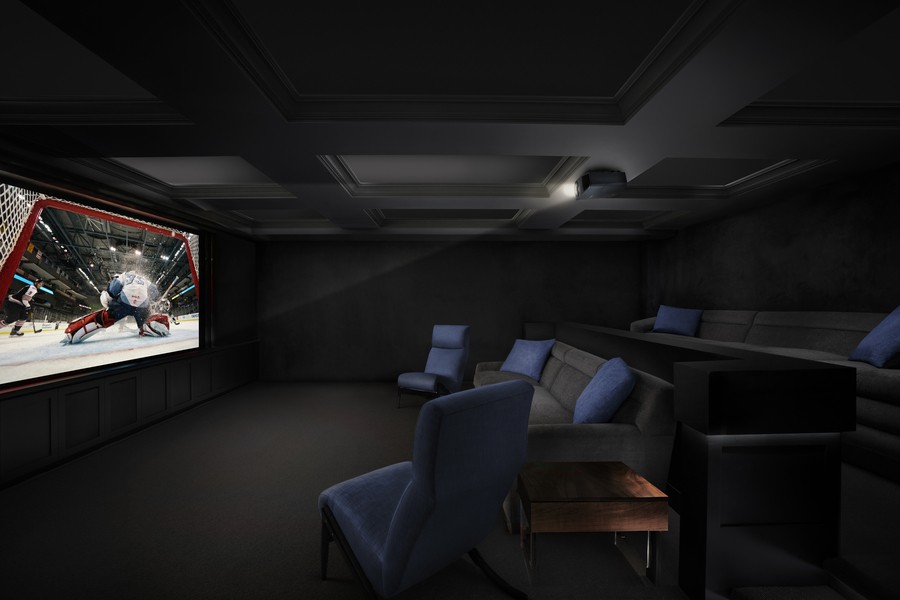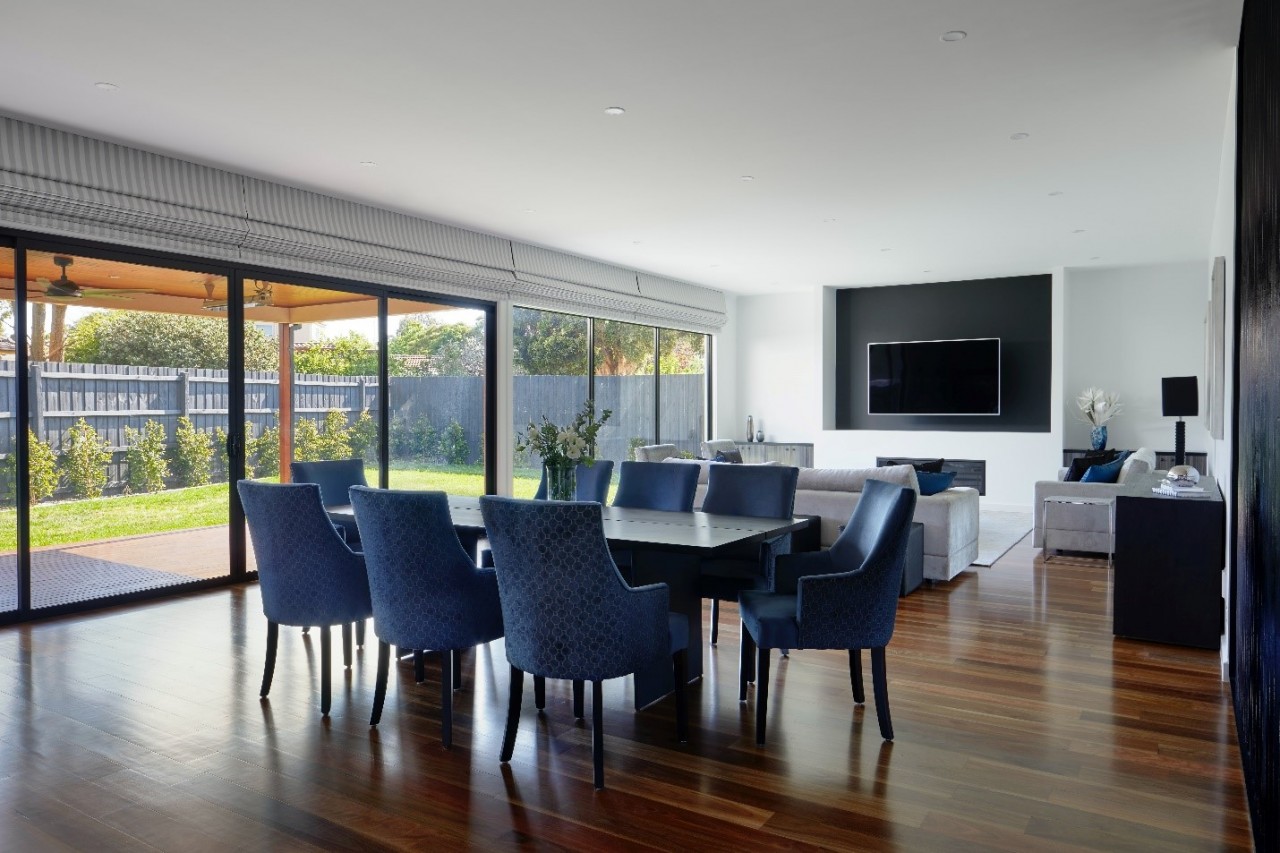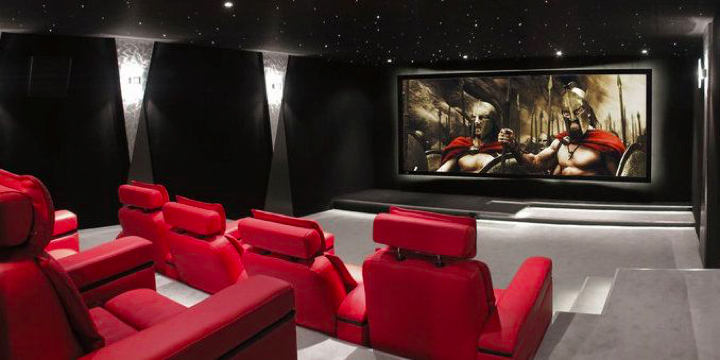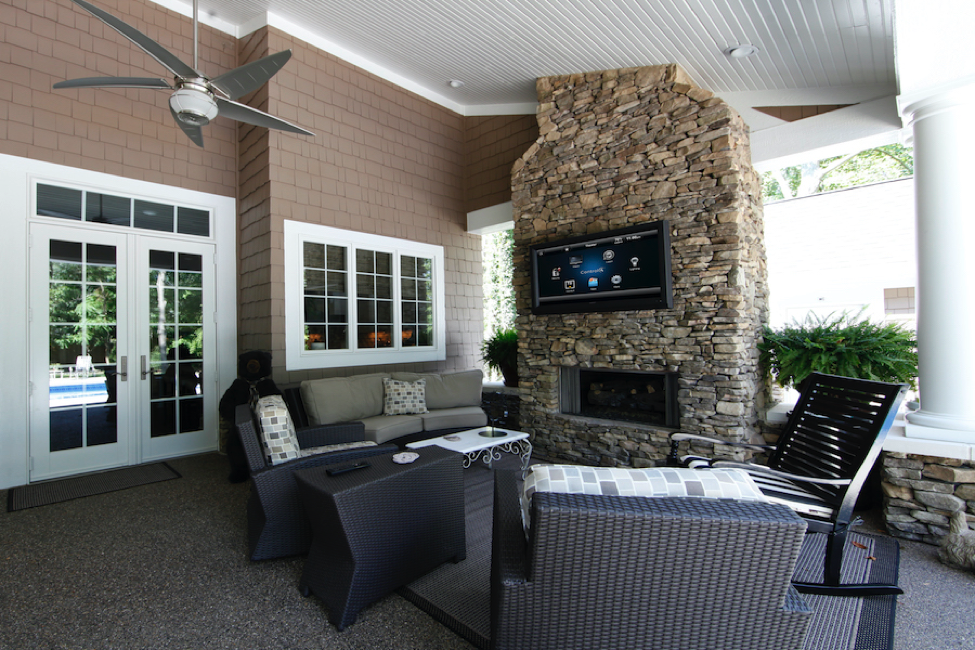Brighten Your Day-to-Day Routine with Innovative Lighting Solutions
Home lighting can impact our daily routine and current mood with just a shift in brightness or dimness in a room. It has the power to change our outlook on the day and get us geared up to face the tasks ahead – or wind us down for an evening spent inside.
Crestron knows how important the proper lighting design for your residence is. Crestron Home’s lighting control seamlessly integrates comfort and luxury into your everyday lifestyle.
Keep reading below to learn how home lighting automation can transform your day!
